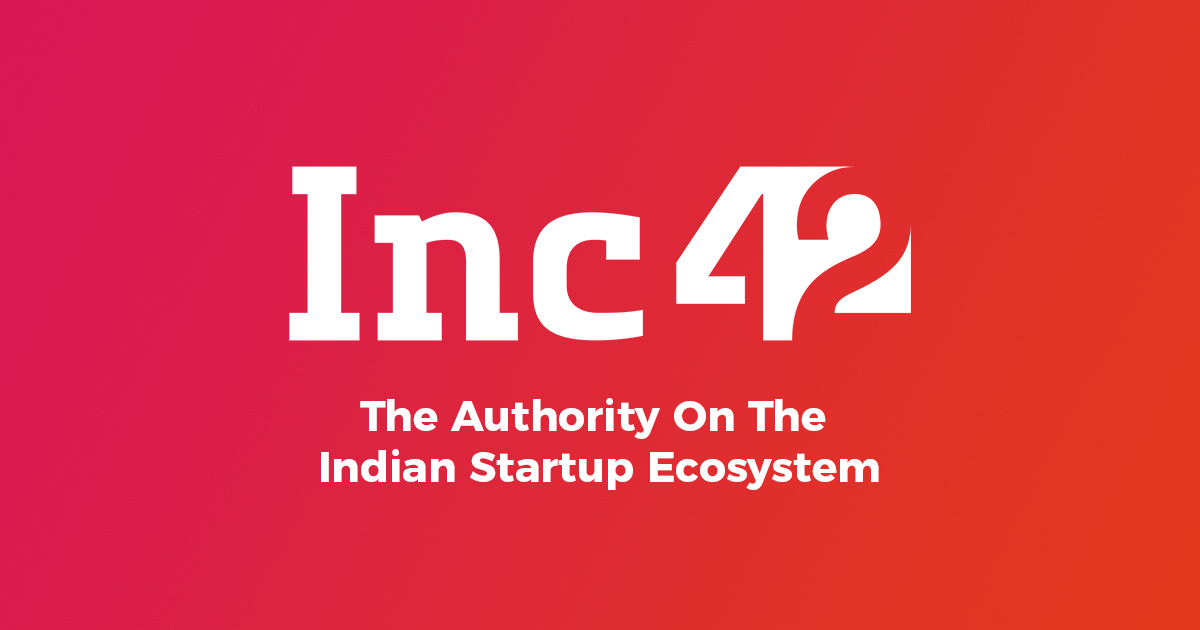SUMMARY
Fintech startup Decentro has requested the RBI for a complete pushback of the physical KYC verification requirement, with its peers PhonePe, BharatPe and Mobikwik expected to follow the suit
The general consensus among payment aggregators is that the new KYC guidelines would lengthen the time needed to onboard merchants as well as increase their operational costs
The development comes at a time when the RBI is tightening its noose around the fintech space, implementing additional checks and balances amid rising digital adoption in the country
Days after the Reserve Bank of India (RBI) issued draft regulations for payment aggregators, a host of fintechs and industry associations have started expressing their concerns over the mandatory physical KYC verification requirement for merchants.
As per Moneycontrol report, fintech startup Decentro has requested the RBI for a complete pushback of the physical KYC verification requirement for merchants, with its peers PhonePe, BharatPe and Mobikwik expected to follow the suit.
Meanwhile, the Payment Council of India has solicited feedback from its members, including payment aggregators such as Billdesk, Infibeam, Cashfree, Mswipe, Paytm and PayU. The industry body has until May 31 to submit its feedback.
The general consensus among payment aggregators is that the new KYC guidelines would lengthen the time needed to onboard merchants as well as increase their operational costs.
Notably, the RBI’s preliminary guidelines for KYC regulations for payment aggregators mandate physical verification for existing merchant clients and a bank-grade KYC for new ones.
So far, payment aggregators have been carrying out an e-KYC, wherein they onboard new merchants via verification of documents like Aadhaar or Digilock, or remotely via video call.
Apart from heightened operational expenses, payment aggregators also worry that smaller content creators and micro-businesses that became increasingly popular on social media, especially post-Covid, could ditch their services altogether to avoid additional KYC charges.
While fintech players like Decentro have demanded a rollback of the contact point verification (CPV) requirement, there are some who want the RBI to limit physical KYC verification to “high-risk merchants.”
A merchant is usually flagged as high-risk if the industry they operate in has a greater likelihood of fraud and chargebacks, such as gaming and crypto.
Some stakeholders have also suggested carrying out a Digital CPV as opposed to a traditional CPV, arguing this would help control expenses, as well as address the shortcomings of the traditional CPV method by leveraging new-age technologies such as geo-tagging, facial recognition and others.
The development comes at a time when the RBI is tightening its noose around the fintech space, implementing additional checks and balances amid rising digital adoption in the country.
On January 31, the regulator barred Paytm Payments Bank from accepting deposits and undertaking credit transactions over alleged lapses in customer verification.
In March, Paytm Payments Bank was slapped with an INR 5.49 Cr fine by the Financial Intelligence Unit-India (FIU-IND) for failing to comply with the anti-money laundering law.
In its order, FIU-IND also said that Paytm’s banking arm failed to set up a mechanism to detect and report suspicious transactions.
In 2020, the RBI introduced the payment aggregator framework, making it mandatory for payment gateways to obtain an aggregator licence to onboard merchants and offer digital payment acceptance solutions.
Since then, several entities have received the RBI’s nod for the payment aggregator licence such as Razorpay, Zoho, Zomato, PayU, Innoviti, Infibeam Avenues and Amazon Pay among others.
It is pertinent to note that, if payment aggregators fail to comply with RBI rules by March 31, 2025, they will have to shut down operations.
Disclaimer
We strive to uphold the highest ethical standards in all of our reporting and coverage. We StartupNews.fyi want to be transparent with our readers about any potential conflicts of interest that may arise in our work. It’s possible that some of the investors we feature may have connections to other businesses, including competitors or companies we write about. However, we want to assure our readers that this will not have any impact on the integrity or impartiality of our reporting. We are committed to delivering accurate, unbiased news and information to our audience, and we will continue to uphold our ethics and principles in all of our work. Thank you for your trust and support.



![[CITYPNG.COM]White Google Play PlayStore Logo – 1500×1500](https://startupnews.fyi/wp-content/uploads/2025/08/CITYPNG.COMWhite-Google-Play-PlayStore-Logo-1500x1500-1-630x630.png)